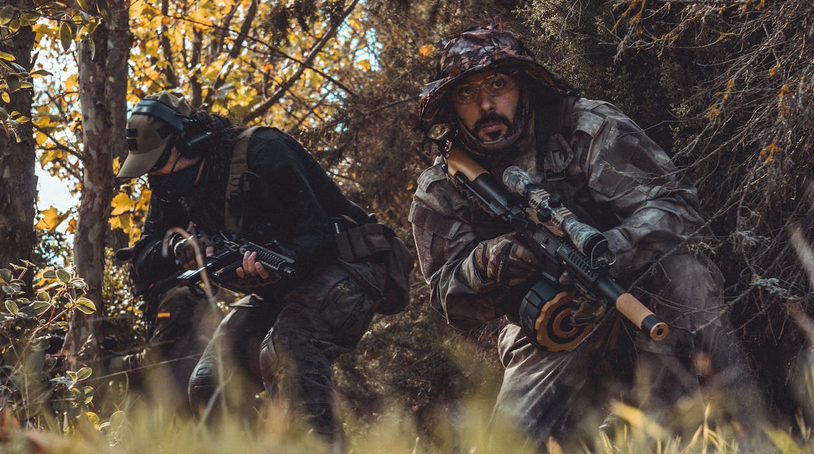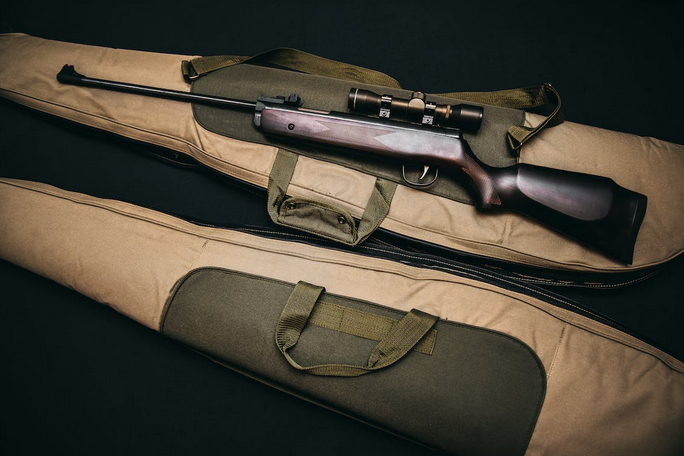Planning the Perfect Hunting Trip: What Every Beginner Should Know

For outdoor enthusiasts and avid hunters, there’s nothing quite like the thrill of planning a hunting trip. Whether you’re venturing into the wilderness for the big game or heading to a local hunting ground for waterfowl, careful planning is the key to a successful and enjoyable adventure. From choosing the right destination to buying the best scope to hunt with, each step in the planning process contributes to the overall experience. In this guide, we’ll provide you with essential tips to help you plan the perfect hunting trip and make lasting memories in the great outdoors.
Choose the Right Destination
Selecting the right hunting destination is the foundation of a successful trip. Research various locations that offer the game species you want to pursue and match your preferences for terrain and climate. Consider factors such as the availability of permits and licenses, hunting regulations, and accommodation options. Whether it’s a remote wilderness area or a private hunting ranch, ensure the destination aligns with your hunting goals and preferences.
Research the Game Species
Understanding the behavior and habits of the game species you’re hunting is essential for a successful trip. Study the animal’s preferred habitats, feeding patterns, and seasonal movements. Familiarize yourself with their calls and mating rituals, as this knowledge can aid in attracting them during the hunt. The more you know about your quarry, the better prepared you’ll be to outsmart them in their natural environment.
Check Regulations and Permits
Before embarking on your hunting adventure, ensure you are well-versed in the hunting regulations of the area. Obtain the necessary hunting permits and licenses for the specific game you intend to pursue. Familiarize yourself with bag limits, hunting seasons, and any restrictions on weapon types. Complying with local hunting laws is not only a legal requirement but also a crucial aspect of ethical hunting.
Gather High-Quality Gear
Having the right hunting gear is vital for a successful trip. Invest in high-quality equipment that suits the terrain and weather conditions of your destination. This includes a reliable firearm or bow, appropriate ammunition or arrows, hunting clothing, boots, optics, and a comfortable hunting backpack. Test and familiarize yourself with your gear well before the trip to ensure everything is in working order.

Practice Shooting and Marksmanship
Regular practice is essential for improving your shooting skills and marksmanship. Spend time at the shooting range to hone your accuracy and build confidence with your chosen firearm or bow. Practice shooting from different positions and distances to simulate real hunting scenarios. A well-prepared and confident shooter is more likely to make a clean and ethical kill.
Plan Your Travel and Accommodation
Once you’ve chosen your hunting destination, make travel arrangements well in advance. If you’re flying, ensure that you can transport your hunting gear and firearms safely. Book accommodation that is close to your hunting area or provides easy access to the wilderness. Staying in a comfortable and convenient location will allow you to focus on the hunt without unnecessary travel hassles.
Prepare for Safety and Emergencies
Safety should always be a top priority during hunting trips. Pack a well-stocked first-aid kit and any necessary medications. Carry a communication device, such as a satellite phone or a two-way radio, in case of emergencies or if you need to contact your hunting party. Inform someone you trust about your itinerary, hunting area, and expected return date for added safety.
Planning the perfect hunting trip requires careful consideration of various factors, from choosing the right destination to gathering top-notch gear and equipment. Familiarize yourself with hunting regulations, study the behavior of your target species, and practice shooting to enhance your hunting skills. Prioritize safety, learn from experienced hunters, and embrace flexibility and adaptability during your trip.




